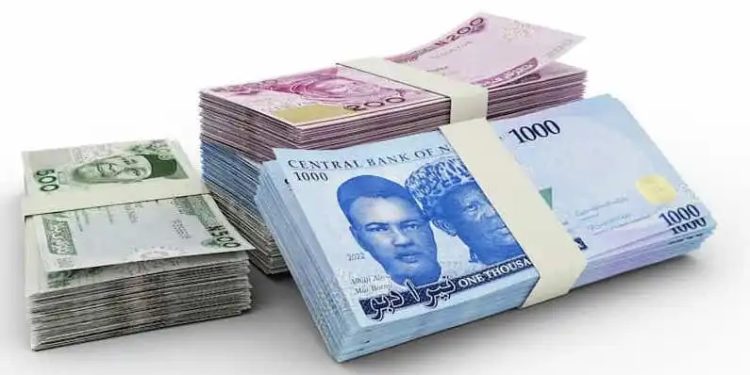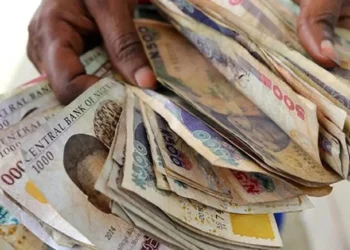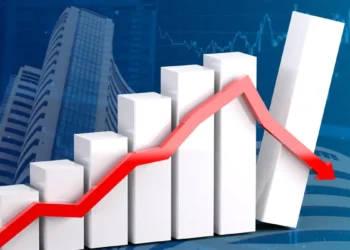In a bid to sanitize the foreign exchange market and combat arbitrary trading, operatives from the Economic and Financial Crimes Commission (EFCC) reportedly apprehended some Bureau De Change (BDC) operators at the bustling Wuse Zone 4 market. The operation, which occurred on Tuesday, witnessed resistance from the traders, leading to gunshots and damage to the operative’s vehicles, as confirmed by two currency traders present at the scene.
Expressing frustration, one of the traders, who preferred anonymity, disclosed that the traders’ resistance stemmed from recurrent arrests by the EFCC, perceived as attempts to extort money from them. He narrated, “EFCC guys came to raid and make an arrest on Monday and they came today (Tuesday) but today’s operation was too strong.” He further added that such continuous raids might escalate tensions and potentially result in fatalities.
Another trader echoed similar sentiments, warning that prolonged raids could escalate the situation to deadly levels. He highlighted the growing discontent among traders, emphasizing that the arrests often culminate in monetary demands without addressing the root issues.
The EFCC’s crackdown on currency speculation and illegal trading intensified in recent weeks, with multiple arrests of suspected currency speculators and BDC operators. Despite these efforts, the naira continues its downward trajectory, reflecting ongoing instability in the foreign exchange market.
In the current market scenario, BDC operators bought the dollar at N1,400 and sold at N1,425 per dollar, with a profit margin of N25. This indicated a slight drop from the previous day’s rate of N1,430. Traders expressed concerns over market volatility, making it challenging to anticipate exchange rate movements.
Meanwhile, at the official market, the naira depreciated further to N1,416/$, compared to N1,354/$ recorded on Monday, according to data from the FMDQ exchange securities.
As the EFCC intensifies its efforts to restore stability in the forex market, traders remain apprehensive about the future direction of the naira, highlighting the need for comprehensive measures to address underlying issues and restore confidence among market participants.









